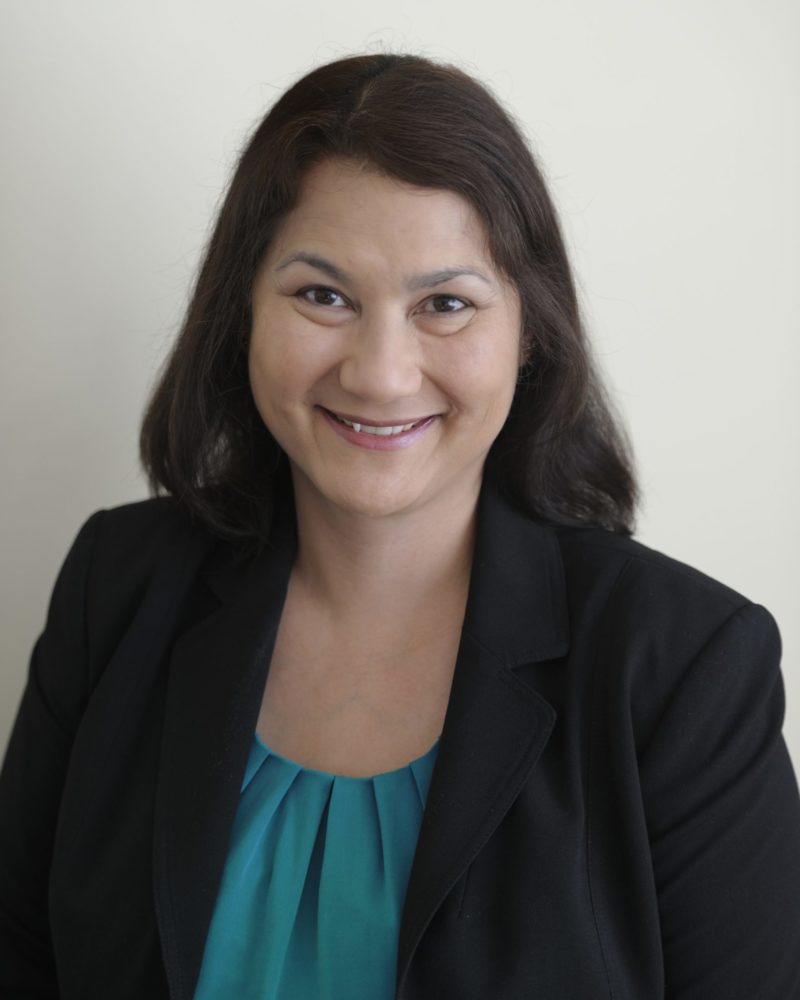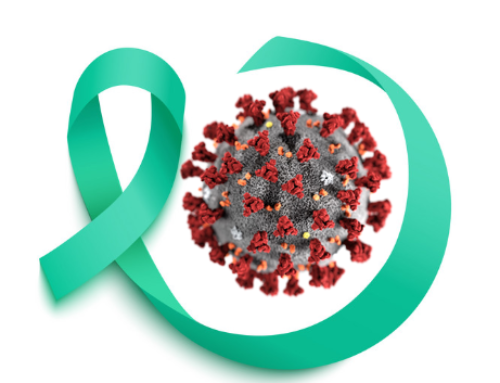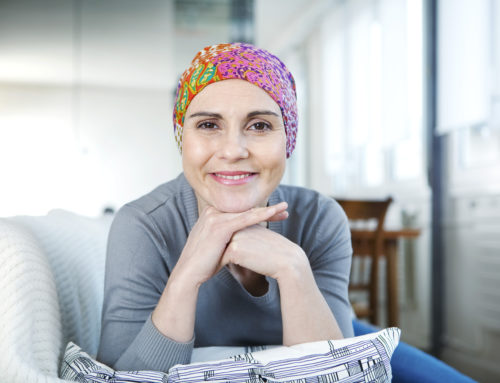HOOKED ON RESEARCH
I was diagnosed with ovarian cancer in 2004. The first four years were pretty rough. I recurred – twice. I underwent three major surgeries, and with the last I had part of my liver removed. I went through five therapy regimens and participated in a vaccine phase I clinical trial. I have been in remission since then, unexpectedly, because my body did not create any antibodies to the vaccine. Lucky me. I am sad and frustrated to know many women who were not as lucky, who did many of the same things I did, but their outcomes were not the same. I’ve been especially curious about differences in cancers, treatments, outcomes, the shared decision-making process and how best to deliver more personalized approaches.
I could tell you I became involved in advocacy for noble reasons, but that wouldn’t be exactly true. I was drawn to research advocacy because I was trying to stay alive. Along with a group of survivors from the patient survivor network SHARE, I attended the 2008 annual meeting of the Society of Gynecologic Oncology (SGO) and helped provide The Patient’s Perspective to an audience of doctors, nurses, and other clinicians. I was newly in third remission and attended scientific sessions looking for the “magic bullet” to help me with the next recurrence. Instead I learned that ovarian cancer is a very tricky, complicated disease and that many dedicated, caring professionals are hard at work, conducting clinical trials and other research to uncover life-saving information. I realized that I needed to keep up with the latest in research and novel therapies in the pipeline. Along the way I’ve had amazing opportunities to serve the ovarian cancer community as a research advocate and even participate in research projects.
This year I attended the 2018 SGO meetng and wrote about some of my thoughts for SHARE and collaborated on a report for OCRFA, the Ovarian Cancer Research Fund Alliance. Although it remains frustrating that we do not have a test for early detection or a bonafide cure, this really is an exciting time in cancer research. Thanks to the hard work of researchers and clinical trial participants, more therapies for ovarian cancer have been approved in the past 3 years than in previous decades, with many more are in development. What is not known is what is the best order or sequence for individual patients to use these new therapies, whether the effectiveness changes when used successively, best combinations to use, and best strategies to manage side effects. The Ovarian Cancer Registry may be able to help shed light in these areas and others.
We are in the era of Big Data. Information is everywhere, but not necessarily collected and analyzed to follow patients beyond treatment, through multiple treatments or in a way that patients can directly participate. Through the Ovarian Cancer Registry, survivors have the opportunity to share the details of our individual clinical stories—information from our tumors, our treatments, and our experiences—and together, this collective information can help inform the future. The Registry is open to include all women diagnosed with ovarian, fallopian tube and primary peritoneal cancers, regardless of cell type, stage, remission status, or clinical trial participation. The Ovarian Cancer Registry’s mission is to make rapid advancements in the following areas.
- Learning why ovarian cancers are so life-threatening and vary so much in the aggressiveness and response to treatment.
- Developing more effective ways to treat and prevent ovarian cancer.
- Enhancing survivorship and quality of life.
- Figuring out how to lessen the negative impacts of cancer and cancer treatment on patients and their family.
- Incorporating patient preferences into the decision-making process for treatment and care.
- Eliminating barriers to care and improve access to affordable and effective treatments.
- Raising awareness and engaging a community to join the movement and make a difference.
It is my hope that the Ovarian Cancer Registry brings us closer to a day when women diagnosed with ovarian cancers will have better information to make informed treatment decisions with their medical teams and will no longer have to rely on luck, like I did, for a good outcome.
Globe-athon is proud to partner with Smart Patients, an online community where patients learn from each other about their cancer journeys. On Smart Patients, you can discuss issues raised in this blog post and beyond. Join here: https://www.





